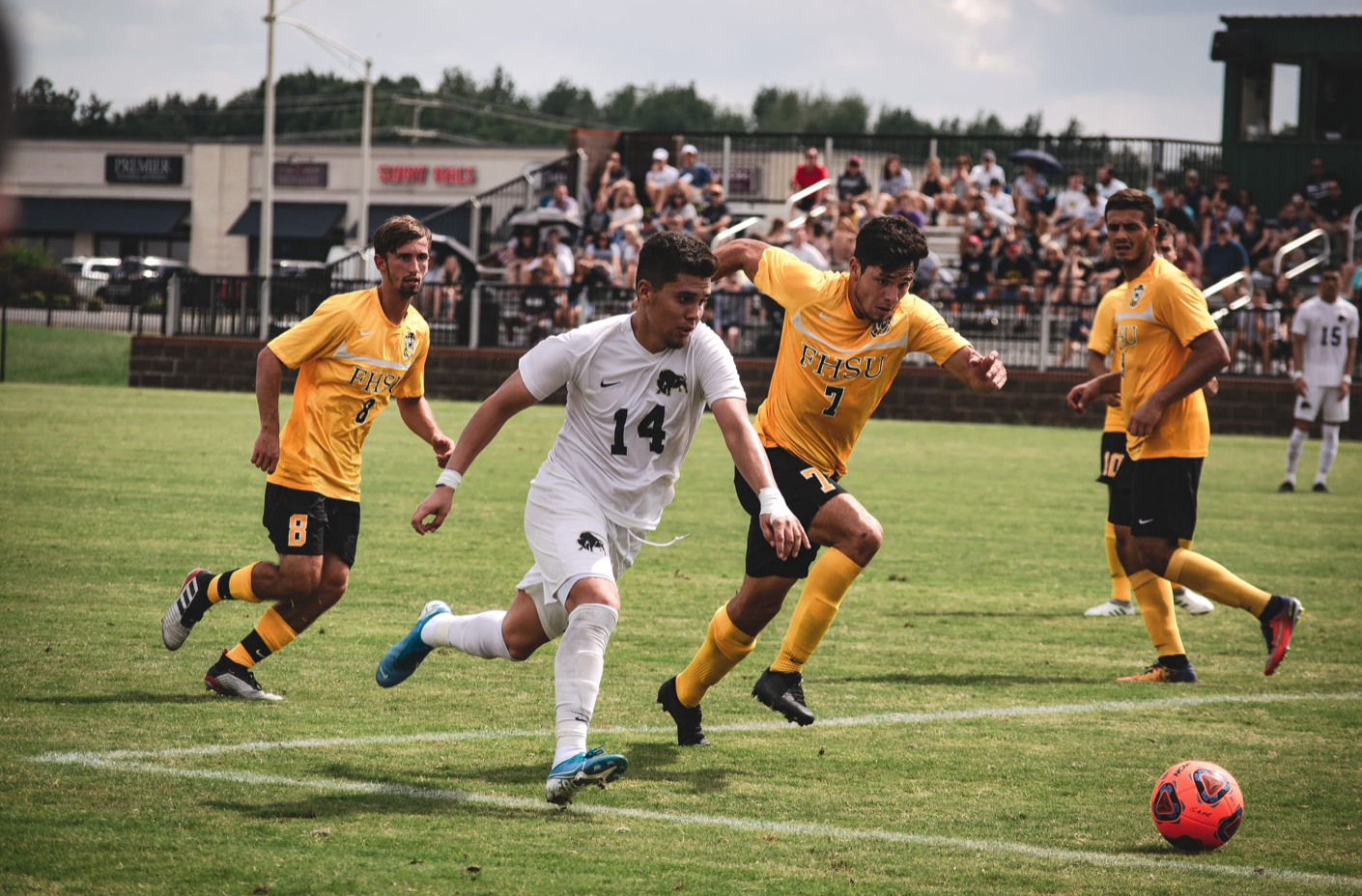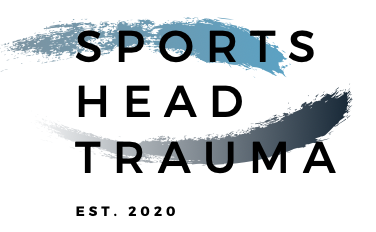

In a interview published in The University of Utah Health, women’s health expert and reproductive endocrinologist, Dr. Kirtly Parker Jones discusses the biological and sex differences in the brains of women and men, and how they factor into concussion susceptibility.
Dr. Jones mentions that in order to be able to compare if women or men are more susceptible to getting concussions, researchers must choose a sport where the rules are the same, but also has a comparable number of women and men participating in it. An ideal example of a sport that has a high female engagement is soccer.
American Academy of Orthopaedic Surgeons reported that women had a significantly higher concussion rate in gender matched sports than men. According to AAOS, women’s soccer had a higher concussion rate than men’s soccer between 2010-2015; and between by 2014, women’s soccer concussion rates had surpassed those of any other sport.
According to a long term study by James N. Noble, MD, Columbia University, that compared both male and female athletes playing contact sports at Columbia University from 2000 to 2014, it was discovered that over 23% of the female athletes in the study experienced a sports related concussion compared to 17% for male athletes. The study also concluded that players who had already experienced an mTBI were more likely to have a recurrence.

Possible reasons for
why women are more
vulnerable to
concussions and after
concussions:
- A research team led by Dr. Douglas Smith, director of the Penn Center for brain Injury and Repair, and Robert Groff, Professor of Neurosurgery at the Perelman School of Medicine at UPenn, conducted a study looking at human and rat neuronal cells and discovered that the female axons were not only smaller but also has less microtubules compared to male axons. This meant that they were more likely to break when simulating an injury like a TBI. The study went on further to explain that this breaking is what causes many of the main concussion symptoms. The female axon, having a “leaner” structure with less microtubules could be one of the reasons why women are more likely to get concussions than men.
- A comparative study published in 2005 titled, “Gender differences in head-neck segment dynamic stabilization during head acceleration” found that differences did exist in head-neck dynamic stabilization during the angular acceleration of the head. Angular acceleration is quite commonly the cause of rotational brain trauma. They concluded that women had a significantly greater peak angular acceleration and displacement than men. This noteworthy difference could be attributed to their smaller neck girth, less head mass, and weaker head-neck segment muscles which puts them at a disadvantage during head impacts. This study could help explain why women are more prone to getting concussions than men.
- A woman’s progesterone and estrogen levels may affect her symptoms as well as recovery time post concussion. Dr. Jeffrey Bazarian, professor of emergency medicine and neurology at the University of Rochester Medical Center, explained in his study that the sex hormone progesterone which is known to improve cognition, memory and mood in women can slow down if a women experiences a head impact during the luteal phase (after ovulation and before the beginning of the period). This “withdrawal hypothesis” can worsen concussion symptoms.

Given that several studies have concluded that on average, women experience worse post concussive symptoms and longer recovery periods than men, it highlights a need for more sex specific studies to truly understand the short and long term effects of TBI on women. Knowing the differences between what a concussion looks like in a woman vs. a man, and being able to recognize how female athletes react to head impacts and TBI will help researchers and doctors properly assess and treat them.
Disclaimer: The information provided by Sports Head Trauma is solely for educational purposes and raising awareness of mTBI & TBI. Sports Head Trauma does not provide medical advice, and the information from this website should not be used to diagnose, manage, or treat a head injury. If you have sustained a head injury or think you have a concussion, seek medical help immediately. If you need medical advice, diagnosis, or treatment information, please talk to a healthcare professional or a physician. This website is not meant to create a physician-patient relationship, or any type of confidential relationship. The information provided by Sports Head Trauma should not be substituted for medical advice, diagnosis, or treatment information from a healthcare provider, as the sole purpose of the website is for informational purposes. In the event of an emergency, always speak to a medical professional or call 911.
